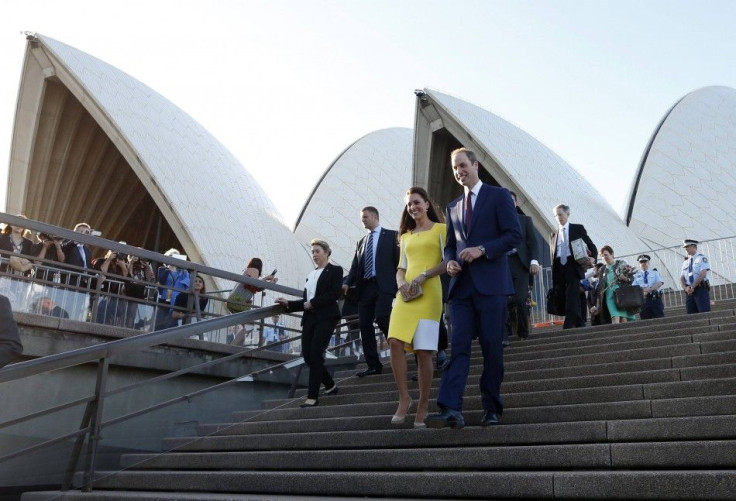OECD Report Says Australia Is Above Average in 11 Life Dimensions, But Performs Poorly in Work-Life Balance

Australia is still a good place to live despite the expected $30-billion budget deficit that could destabilise the Abbott government as citizens express anger due to the administration's failure to live up to its election promise not to raise taxes.
Read also:
Is Australian PM Tony Abbott Rejecting Indonesia's Olive Branch by Postponing Trip to Bali?
The Most Expensive Breakfast in Australia Costs $11,000 When Eaten With PM Tony Abbott
Abbott Government Plans at Least $800/Year Deficit Levy for Aussies Earning $80,000 or More Annually
The Organisation for Economic Co-operation and Development (OECD) released on Tuesday its latest report titled How's Life? In that report, Australia actually got above average ratings for the 11 life dimensions studied, except when it comes to work-life balance.
Canberra topped the categories of governance and civic engagement and second in environmental quality and health status. It also fared well and is within the top 20 ranking for housing, personal security, jobs and earnings.
But Australia is only average when it comes to education and skills, subjective wellbeing, social connections and income and wealth.
Australia is in the bottom 20 per cent for work-life balance because Aussie women spend 36 hours weekly on household work, while men spend 28 hours on the same task. The OECD average is only 32 hours for females and 21 hours for males.
While real disposable income in Australia went up 9 per cent between 2007 and 2011 - one of the largest increases in OECD nations - for the same period, Aussies who said they were satisfied with their lives went up by a measly 2 per cent.
For the rest of 2014, the OECD cut its global growth forecast to between 3 and 4 per cent from its November outlook of 3.6 per cent. But by 2015, global economic expansion would hasten at 3.9 per cent, the OECD said.
Angel Gurria, secretary-general of OECD, explained, "After six long years of pain and tear, the major advanced economies are finally building momentum ... While two of the four cylinders of the global economy's growth engine - credit growth and emerging market activity - are still running below full speed, there are encouraging signs that the two, trade and investment, are finally warming up."





















